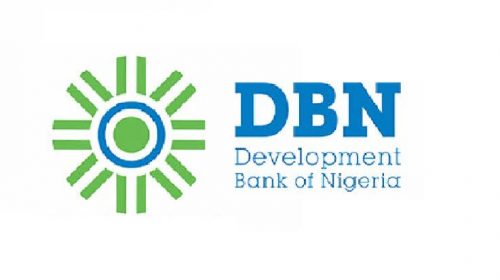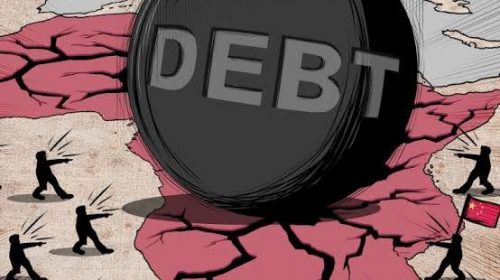Poverty Reduction: Elumelu tasks policy makers on entrepreneurship
The Chairman of Heirs Holdings and United Bank for Africa (UBA) Plc, Mr Tony Elumelu, has identified entrepreneurship as a veritable solution to achieving poverty reduction in the country.
Elumelu made the observation while delivering a paper at the National Institute of Policy and Strategic Studies (NIPPS) in Kuru, Plateau State.
Dwelling on the titled: “Entrepreneurship, Corporate Social Responsibility and Africapitalism: The Role of The Private Sector In Fighting Poverty in Nigeria”, Elumelu said there is the urgent need to tackle the menance.
He addressed a distinguished guest list of 67 participants “from top government constituencies including the police, the military, national planning, works, and the presidency, debating ways to move the country forward in light of the present economic challenges”.
In his lecture, the chairman of Heirs Holdings and founder of the Tony Elumelu Foundation, acknowledged the efforts of the Institute in constituting the gathering of think tanks, hailing it as a timely event in paving the way for engineering the country’s socio-economic development.
He expressed optimism that with the right policy reforms, Nigeria could be well on its way to rising above its present challenges.
Elumelu reiterated his long-term conviction on entrepreneurship as a solution to arresting the economic challenges facing the country.
He stated that past governments had not been successful in eradicating poverty in Nigeria in spite of the various entrepreneurship schemes that have been introduced over the past 30 years.
Explaining further, he said: “Governments alone do not have the capacity to provide the basic daily needs or employment for the millions of young Nigerians entering the job market every year. Therefore, the private sector must be an integral part of our national poverty eradication and development strategy.”
An advocate of Africapitalism, Elumelu explained that entrepreneurship and not philanthropy, is key to achieving poverty reduction and empowering Nigerians “as we strive to solve our challenges without dependence on aid from outside the country”.






Leave a Reply